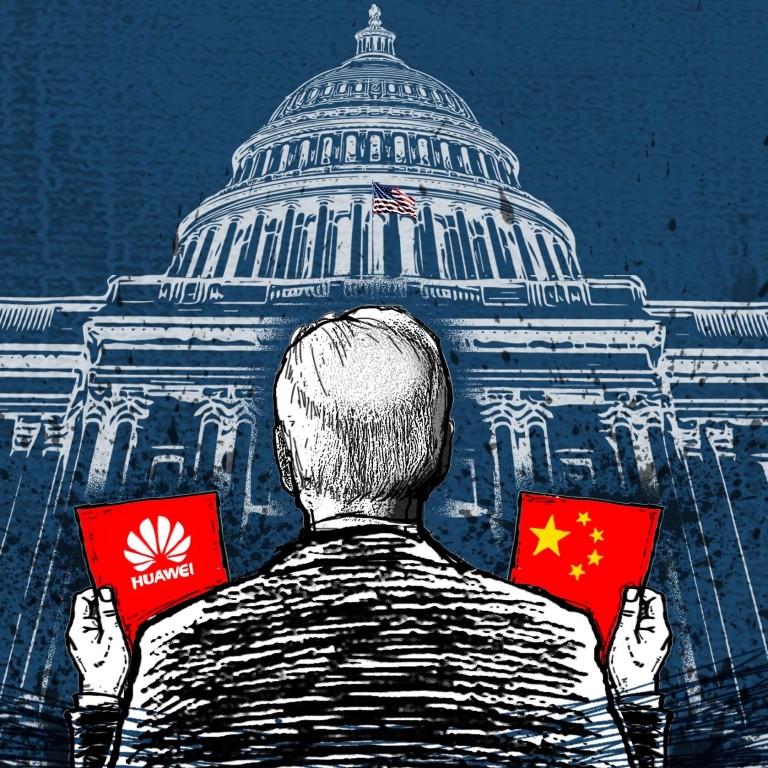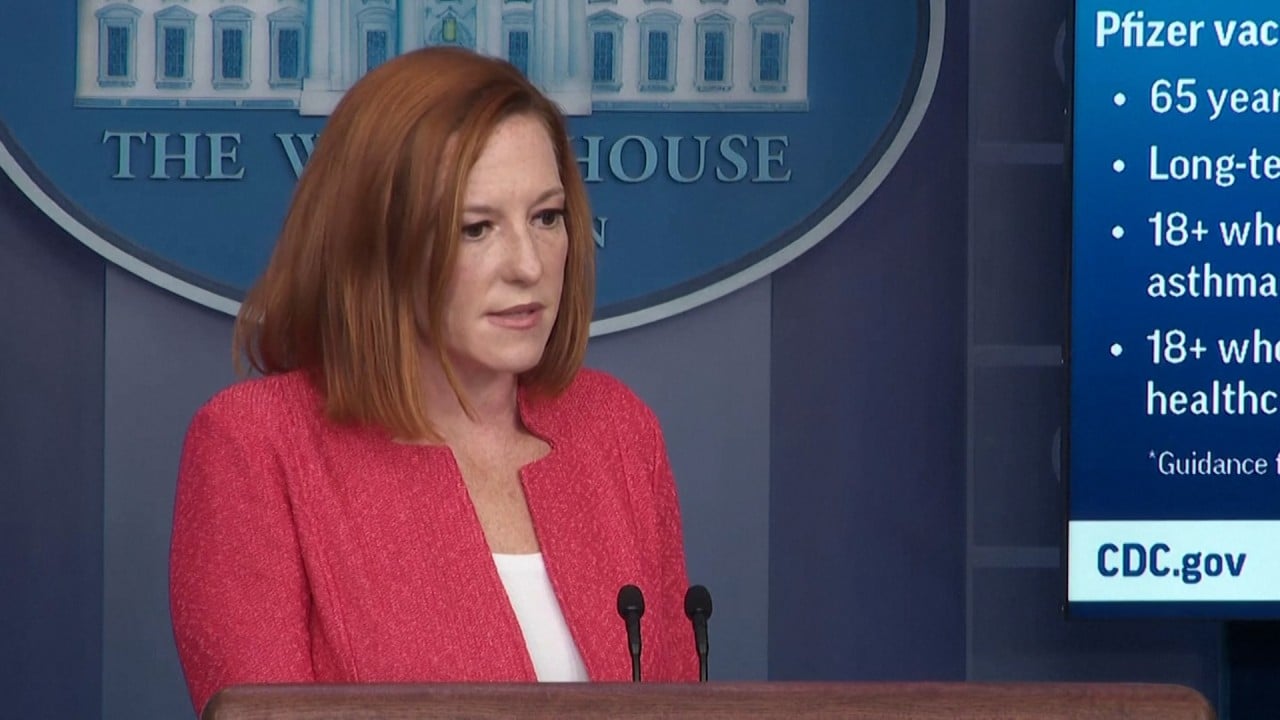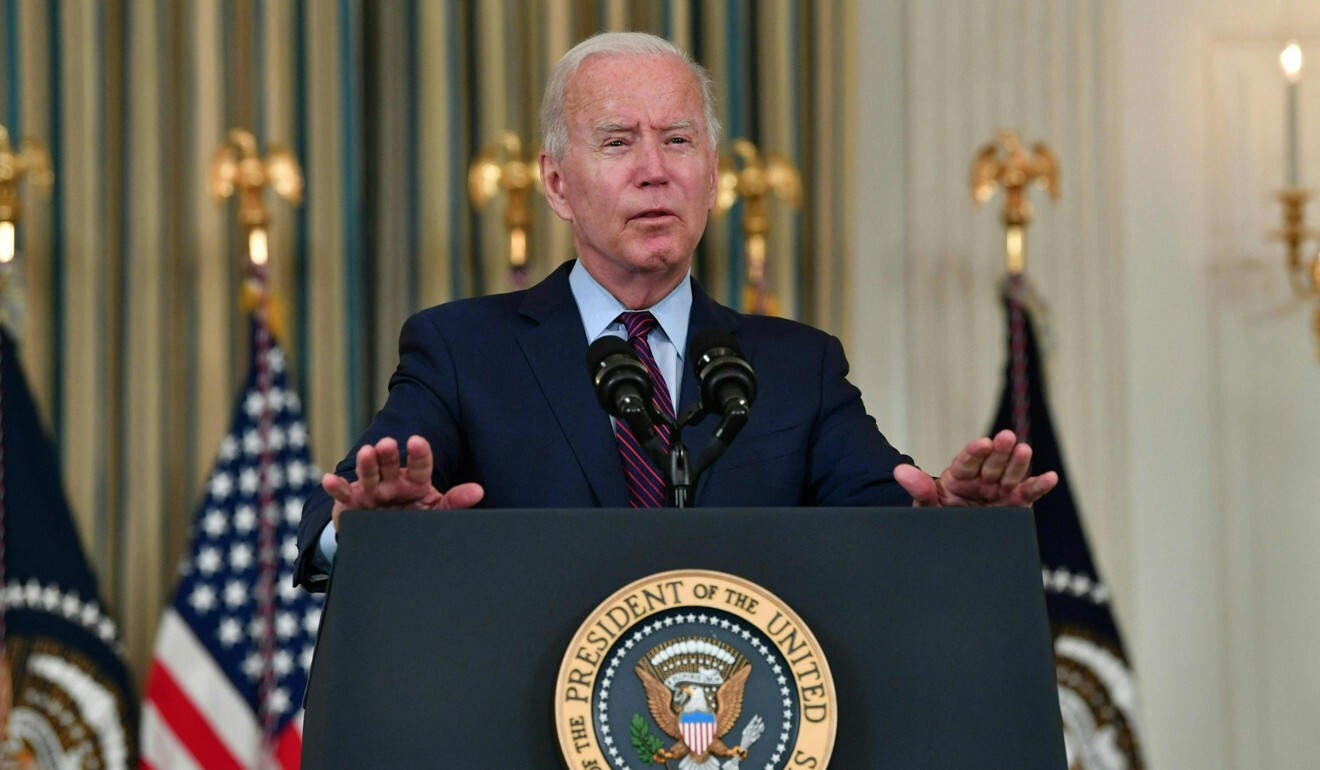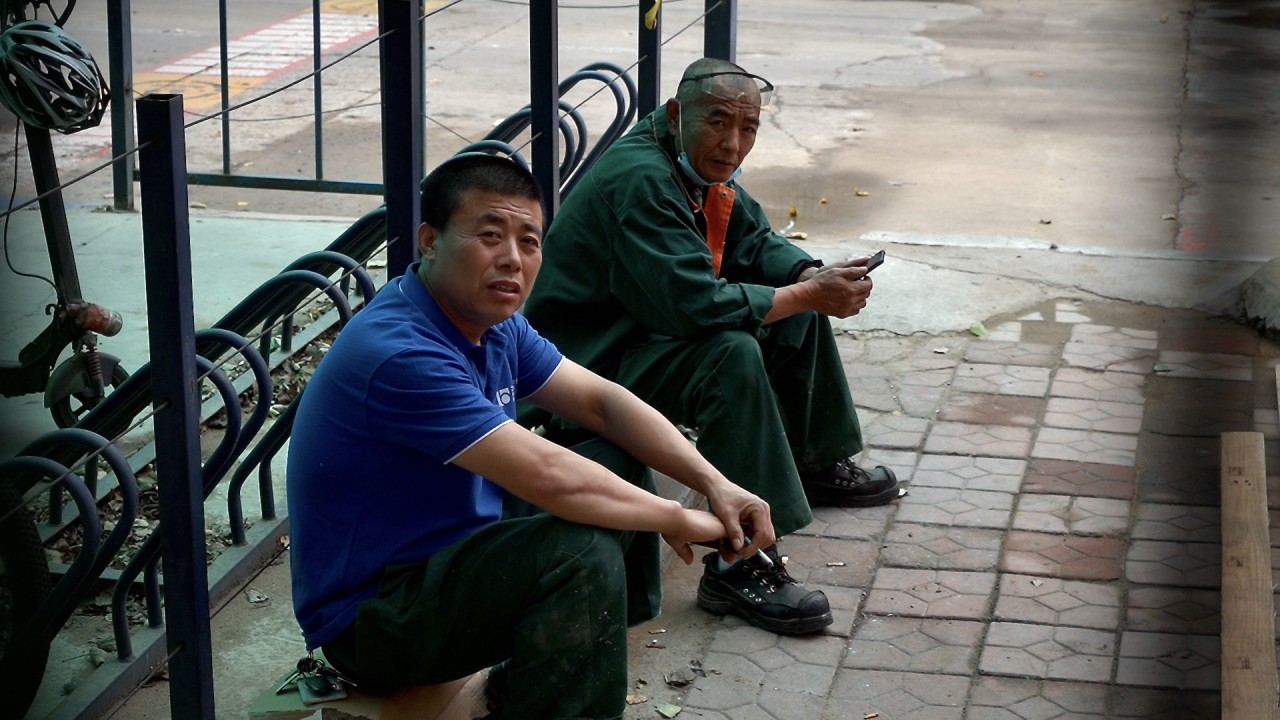
Congress is major hurdle to Joe Biden’s reset on China relations
- The biggest obstacle Biden and his team face trying to de-escalate tensions with China is Congress, according to senior managers at US tech firms
- Making any real policy changes will be difficult until at least after November 2022 when political parties no longer focus on China to discredit each other
While not unexpected, the reaction from the likes of Rubio and Cotton signal what is likely to become the biggest obstacle that Biden and his team will face as they try to de-escalate tensions with China, according to senior managers at US tech firms based on recent conversations with various federal agency officials.
Making any real policy changes will be difficult until at least after November 2022 when political parties no longer focus on China to discredit each other to win seats in the midterm elections for Congress.

02:16
‘Our China policy has not changed,’ says White House after release of Huawei CFO Meng
“Right now, in order to win political points, the atmosphere in Congress is actually worse for China, thus worse for Huawei in particular,” said a senior manager at a US tech supplier, who asked not to be named because of the sensitive nature of the topic.
“Lawmakers are not spending time learning much about Chinese companies. They are just using companies like Huawei as an example of what they see is a larger China problem.
“That atmosphere will tie Biden’s hands politically to make any changes even though the executive branch may want to do something to loosen things up,” the person said.
Forceful reversal
Return of Huawei’s Meng has lifted spirits but is there a new dawn?
The 2018 arrest of its financial chief Meng, also the daughter of Huawei founder Ren Zhengfei, was a major escalation in US-China tensions. Over time, the company has become a harbinger of an intensifying bilateral conflict.
Trump, as president, publicly admitted that he would be willing to use Meng as a bargaining chip in trade negotiations, fanning speculation that her arrest was politically motivated.
After the release of Meng, the White House was quick to distance itself. Press secretary Jen Psaki said at a media briefing soon after that the Huawei deal was a legal consideration made independently by the Justice Department.

“This was really a political issue more than a legal one. The final say on the deal was almost certainly the president,” said Paul Triolo, the tech policy practice lead at Eurasia Group. “The issue would have been discussed at senior Cabinet level meetings that accounted for the overall relationship with China.”
Cotton said that “President Biden folded” before China without “standing firm against China’s hostage-taking and blackmail”.
Senator Rubio, early next morning, called on the Biden administration to brief Congress immediately.
“The release of Ms Meng raises serious questions about President Biden’s ability and willingness to confront the threat posed by Huawei and the Chinese Communist Party,” he said, adding the approach being “dangerously soft”.
Biden says he can’t guarantee US won’t hit debt limit
Auto chips exemption
Even less sensitive policy changes related to Huawei prompted outsize responses.
Automobile chips used for powering video screens and sensors are not considered the most advanced technologies. But Rubio and former secretary of state Mike Pompeo excoriated Biden for being weak to China. Commerce later issued a statement denying a softening stance.

Industry sources said the new administration indeed appeared to want to use less export controls on tech.
“The sense is that there is a lot less comfort with using export controls like the last administration that hurt domestic tech firms,” another industry person said.
But by and large the Biden team has been following the Trump-era playbook.
There have not been any policy changes, and the licence approvals for products that are less sensitive have been slow, industry sources said.
White House stresses Justice Department’s independence in striking Meng deal
Part of the slowness can also be attributed to Congress, as key leadership positions handling tech export policies in the Commerce Department remain unfilled. Matthew Axelrod, Biden’s assistant secretary for export enforcement nominee, and Thea Kendler, an assistant secretary for export administration nominee are still waiting to be confirmed.
The most high-ranking vacancy is Alan Estevez, Biden’s nomination to lead the Commerce Department’s unit in charge of export rules, the Bureau of Industry and Security. Estevez, who was nominated in July and had his confirmation hearing on September 21, is also waiting to be confirmed.
Tough majority
Earlier this year, Gina Raimondo, then the nominee for the Commerce secretary, nearly lost her confirmation showing her openness for a less harsh approach toward Huawei.
Instead of categorically bashing Huawei, Raimondo, said when asked by Senator Ted Cruz about Huawei that she would “review the policy, consult with you [Cruz], consult with industry, consult with our allies, and make an assessment as to what’s best for American national and economic security”.
After that, Cruz and Republican Texas Representative Michael McCaul urged the Senate to block the confirmation.
And the majority in Congress has hardened its stance further as midterm approaches.

04:01
Chinese manufacturing thrown into disarray as country's electricity crisis rolls on
In late July, Virginia Senator Mark Warner, a Democrat and former telecoms executive considered friendlier to the industry, introduced legislation with Republican colleague Cotton to ban purchases of Chinese telecoms equipment with federal funding from the American Rescue Plan Act.
In August, Republican lawmakers asked Commerce to add Chinese phone maker Honor, a spin-off of Huawei, to the entity list to be banned from doing business in the US.
“The atmosphere in Congress now is very bad for Huawei,” the second industry source said. “This is one of those issues that actually doesn’t really follow along party lines. And it’s not really about the facts, it’s about what the lawmakers believe the name Huawei represents.”
As long as Huawei continues to be seen as the poster child in the fight against China, policy changes will remain elusive.
“There is broad bipartisan agreement in Congress on wanting to be tough on China in the technology domain, and the Biden team is concerned about looking soft on China in the run-up to next year‘s midterm elections,” said Triolo.
“Hence there will not likely be any easing of policies on China and tech issues, rather, just further adjustment of Trump-era policies to put them on a sounder legal basis.”

